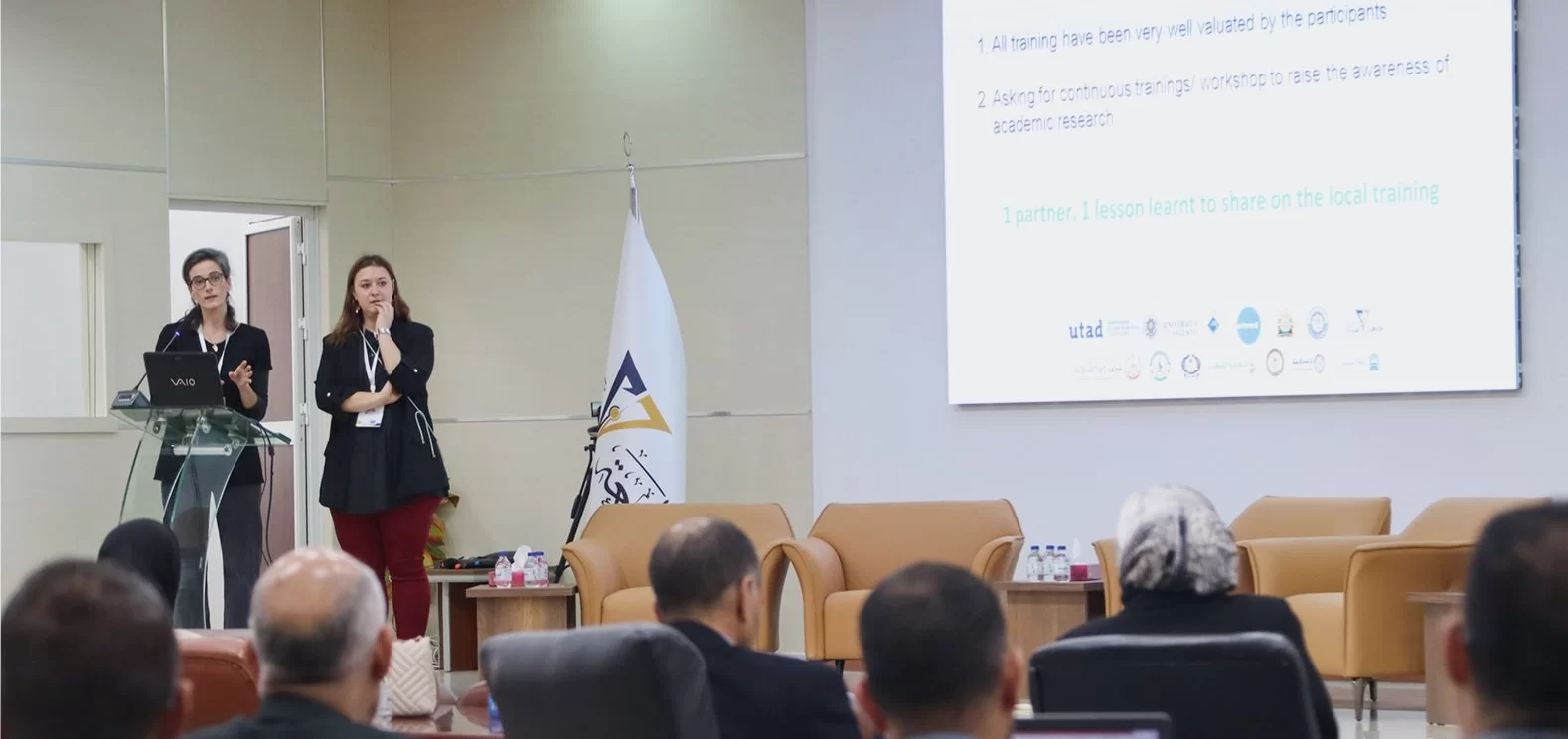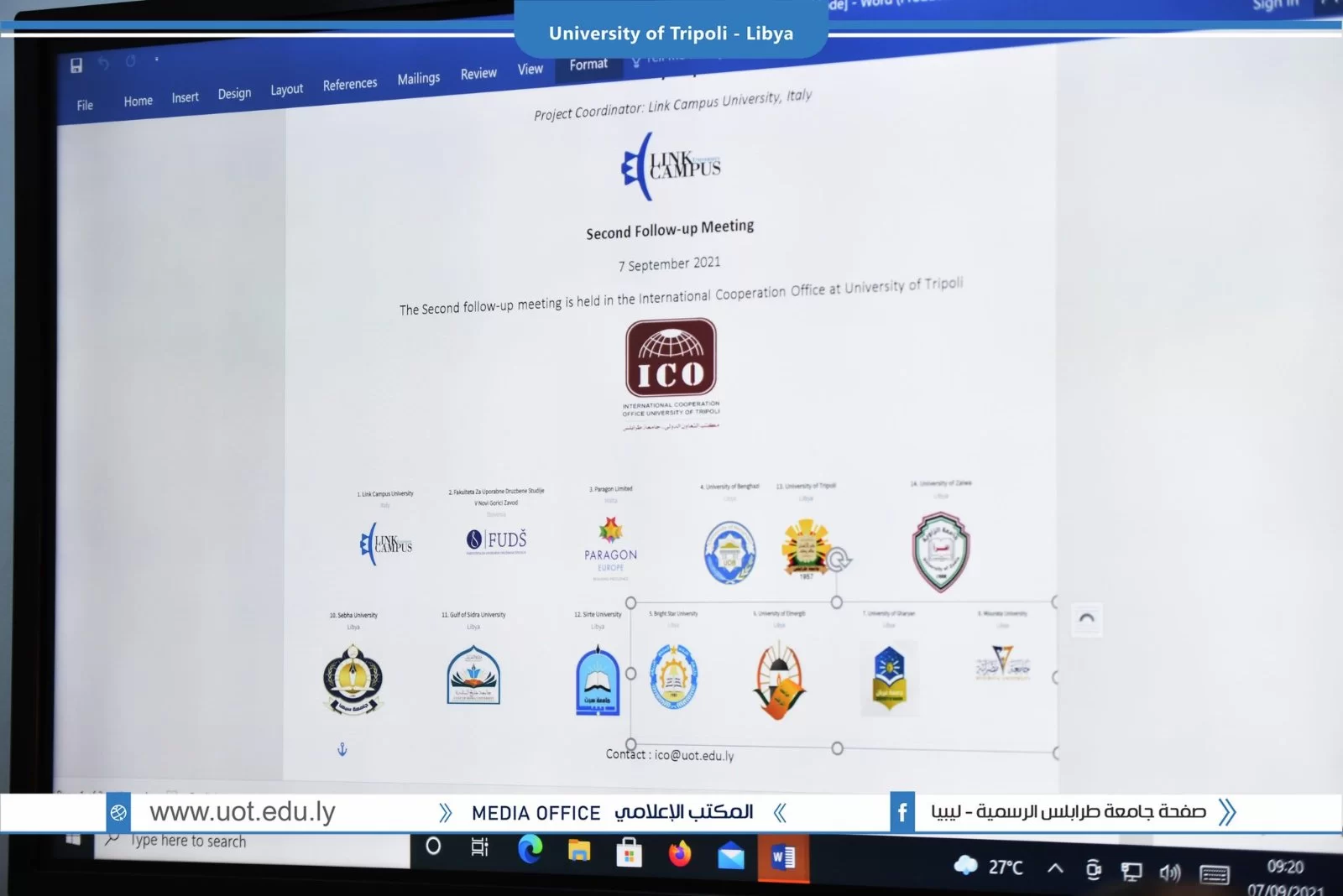Study, teach and research in Spanish-speaking contexts
This course aims to train students, teachers and researchers for higher education learning, teaching and research in Spanish-speaking academic contexts. The course provides a comprehensive overview of the skills required to perform across core subject areas generally encountered in a higher education setting. Depending on the background and interests of participants, it is also possible that some topics will focus on the more specific linguistic demands of a particular area of study.
In common with most language courses, in this course you will learn vocabulary, grammar and the four skills (reading, writing, speaking - including pronunciation - and listening), but all of these will be linked to your specific needs as a student, teacher or researcher in the digital age. For example, a typical writing lesson will not only focus on writing essays, but also emails or tweets. Similarly, the vocabulary chosen for study will not only be based on academic texts, but also on TEDx talks or public lectures on YouTube.
In addition, either directly or indirectly, this course will also teach you study, research, and communication skills, often addressing differences in educational culture, such as differing attitudes to plagiarism or intellectual property across countries. This course is based on a critical pragmatic approach to Spanish for academic purposes, which means that it will encourage you not only to develop the conventions required by universities and the academic community, but also to think about the reasons why these conventions exist in the first place.
Methodology: In this course you will be part of a small class of up to 8 participants. There are limited scholarships available for teachers, students and graduates of partner institutions of the EUROSCI Network.Topics:1. Science and discourse: key concepts. 2. Academic and scientific vocabulary. 3. ¿Analizo, analizamos o se analiza? Speakers in their texts. 4. Podría afirmarse que… Attenuating discourse. 5. Es interesante observar… Subjectivity in objectiveness. 6. Debemos recordar que... Asserting oneself. 7. Permítaseme traer a colación... Approaching the public. 8. Secondary information: annexes and footnotes. 9. Oral discourse: presentations and lectures. 10. Academic Spanish in the digital age.
To register:
https://forms.office.com/Pages/ResponsePage.aspx?id=r0AoknVLyUGjlv2IF7jJVezg7157wdlLsNZUYsTmUShUNFpOOUhBTlRaTDlFRUpOTUtSU0RUUTNQTy4u







Comments